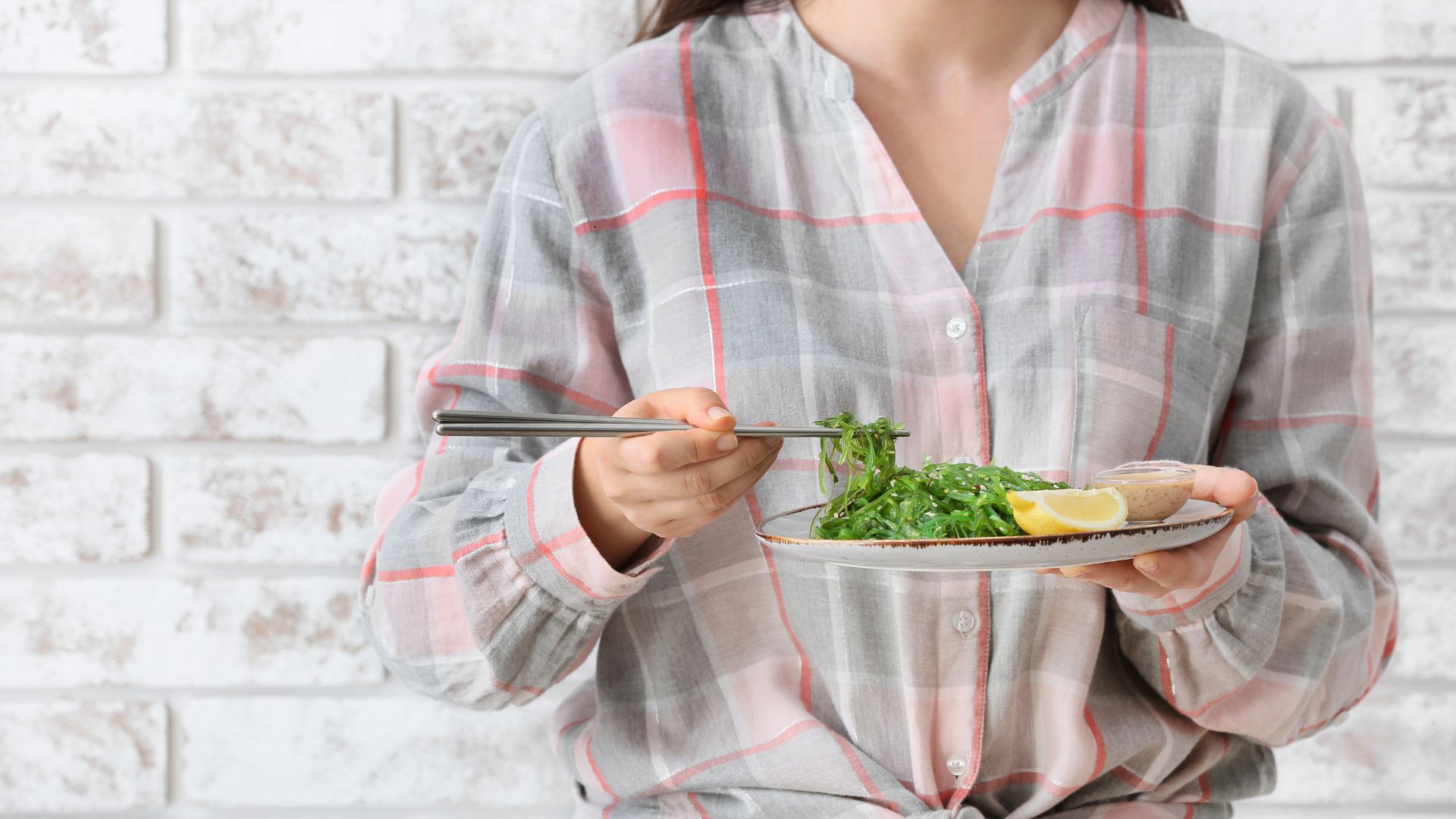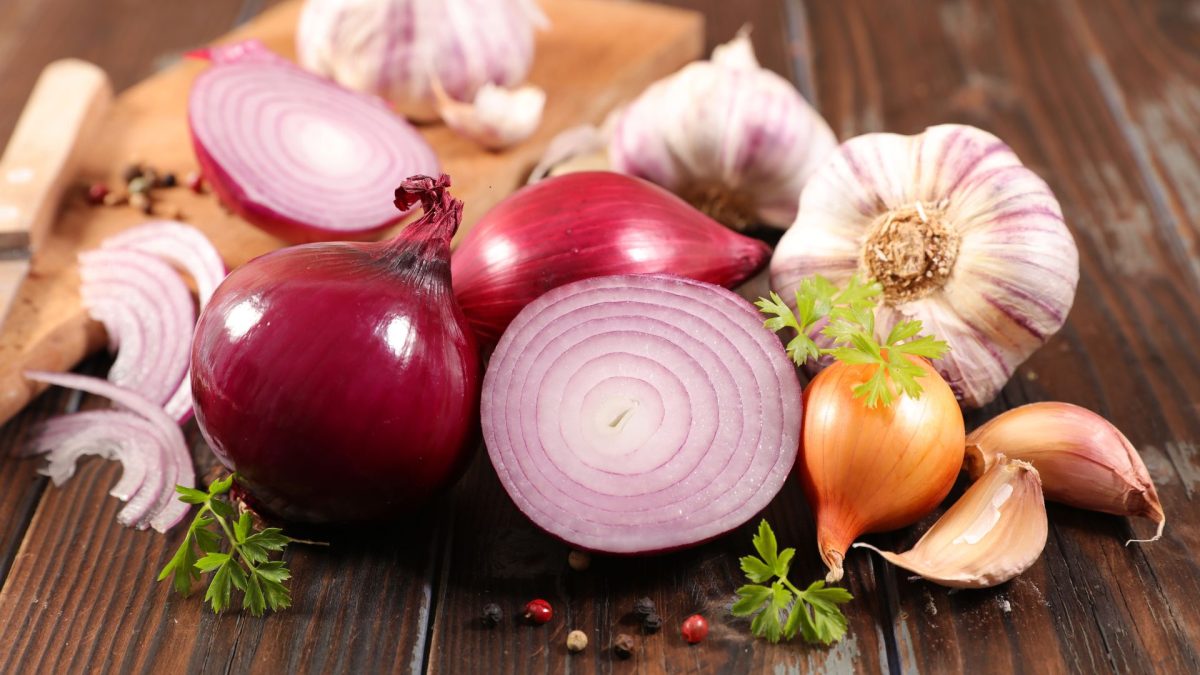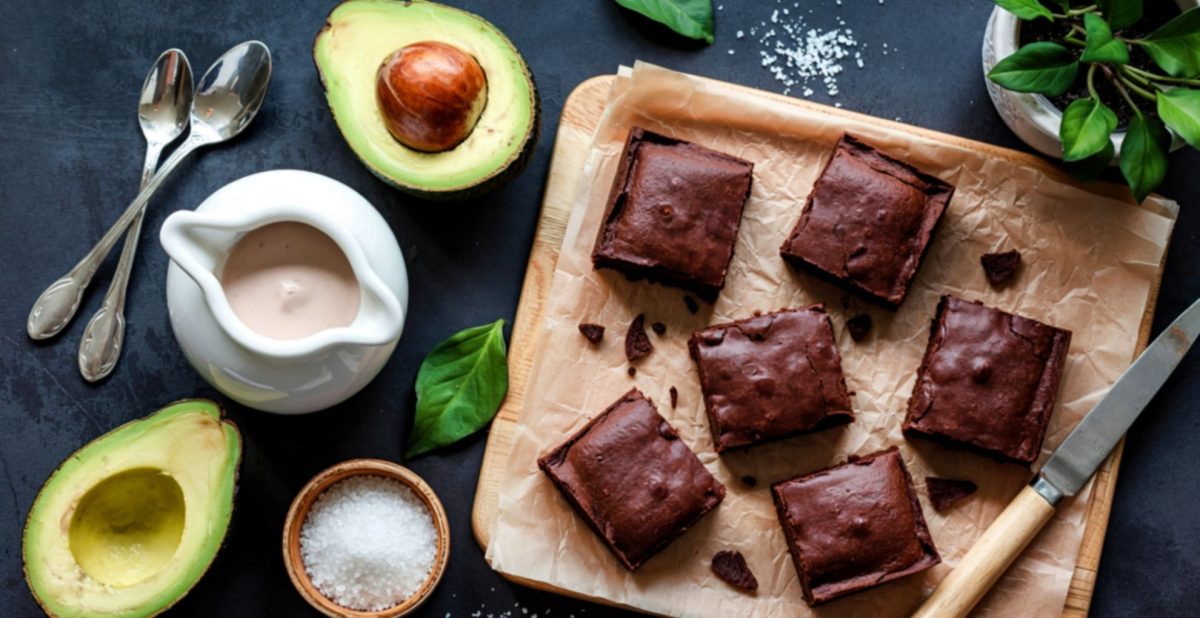Your gut isn’t just where digestion happens. It’s the core of your overall health. From immune function and mood to metabolism and even hormone balance, your gut does a lot more than you probably think. Supporting your gut means supporting your entire body, and one of the best ways to do that is by nurturing the healthy bacteria that live in your digestive system.
You may have heard about probiotics, the live microorganisms in yoghurt, sauerkraut, and supplements that help populate your gut. But lately, prebiotics are stealing the spotlight.
Why?
Because without prebiotics, probiotics don’t thrive. Prebiotics are the fuel that feeds your good bacteria, helping them grow, multiply, and do their job more effectively. With increasing awareness about gut health, prebiotic foods are becoming a must-have in a healthy diet.
What Are Prebiotics?
Prebiotics are a type of non-digestible carbohydrate known as prebiotic fibres. These compounds pass through your small intestine undigested and become food for the good bacteria in your large intestine. Think of them as fertiliser for your healthy gut bacteria.
They help produce short chain fatty acids, which support healthy digestion, immune function, and overall gut health. Prebiotics are essential for a balanced gut microbiome and contribute significantly to the health benefits associated with better gut health.
While probiotics add beneficial bacteria to your gastrointestinal tract, prebiotics nourish the ones already there. They work best together, like a gardener planting new seeds (probiotics) and then watering and feeding them (prebiotics). Incorporating both into your daily routine can help support a resilient and healthy gut microbiome.

Benefits of Prebiotics for Gut and Overall Health
Digestive health
Prebiotic fibers help regulate bowel movements, reduce digestive discomfort, and alleviate symptoms of irritable bowel syndrome.
Immune support
They fuel the production of short chain fatty acids, which enhance immune cells and defend against harmful bacteria.
Nutrient absorption
Prebiotics improve the absorption of essential nutrients like calcium, magnesium, and iron.
Mental health connection (gut-brain axis)
The gut brain axis links your gastrointestinal system with your central nervous system. A healthy gut contributes to better brain health and emotional resilience.
Top 20 Best Prebiotic Foods
Here are 20 prebiotic rich foods that support your gut microbiota, each with its own unique prebiotic properties:
1. Chicory root – High in inulin, a potent prebiotic fiber. Great roasted and used as a caffeine-free coffee substitute.
2. Jerusalem artichoke – Also called sunchokes, rich in inulin. Roast them like potatoes for a nutty, sweet flavour. Because of their prebiotic fibre richness, Jerusalem artichokes have also cheekily been called ‘fartichokes’.
3. Garlic – Contains both inulin and fructooligosaccharides. Use raw in dressings or sauté into meals.
4. Onions – A versatile source of prebiotic carbohydrates. Excellent raw or cooked.
5. Leeks – Similar benefits to onions and garlic. Delicious in soups or sautéed.
6. Asparagus – Offers both soluble fiber and inulin. Steam lightly to preserve nutrients.
7. Bananas (especially underripe) – Rich in resistant starch. Eat sliced in yogurt or smoothies.
8. Apples – Contain pectin, a powerful prebiotic fiber. Snack on raw or bake into desserts.
9. Oats – Contain beta glucan and resistant starch. Use as porridge or in overnight oats.
10. Barley – Another beta glucan powerhouse. Add to soups or stews.
11. Dandelion greens – Support the liver and gut microbes. Toss into salads or smoothies.
12. Flaxseeds – Rich in soluble and insoluble fiber. Add ground flax seeds to oats or yogurt.
13. Cocoa – Use unsweetened cocoa powder or dark chocolate to feed beneficial gut bacteria.
14. Seaweed – Contains unique prebiotic compounds. Enjoy in salads or miso soup.
15. Soybeans – High fiber and rich in prebiotic properties. Eat as edamame or tofu.
16. Green peas – Contain resistant starch and dietary fibers. Steam and add to meals.
17. Wheat bran– Offers insoluble fiber that boosts gut function. Mix into cereals or baked goods.
18. Yacon root – Very high in fructooligosaccharides. Slice and eat raw or blend into smoothies.
19. Konjac root – Found in shirataki (konjac) noodles. Excellent low-calorie source of glucomannan, a powerful prebiotic.
20. Legumes (lentils, chickpeas) – Contain resistant starch and fiber. Add to curries, stews, or salads.
How to Add More Prebiotics to Your Diet

Start simple. Swap your white bread for whole grains, sprinkle chia seeds or flaxseeds on breakfast bowls, or stir a spoonful of cocoa powder into a smoothie. Build meals around fibre rich foods like legumes and root veggies. Include raw onions or garlic in dressings. And remember: not all dietary fibres are prebiotics, so aim for variety.
If you’re new to prebiotic foods, go slow. Sudden increases can cause bloating or gas as your gut bacteria adjust. Start with small servings and gradually increase. Stay hydrated, chew well, and include fermented foods to support healthy digestion.
FAQs
What food is highest in prebiotics?
Chicory root rank highest in prebiotic content, particularly inulin.
What are the symptoms of lack of prebiotics?
Poor digestion, frequent illness, fatigue, and skin issues may signal a lack of dietary prebiotics.
What is the most gut healing food?
While no single food heals everything, fiber rich foods like legumes and resistant starch sources like green bananas are excellent for repairing the gut lining.
Which fruit is the best prebiotic?
Apples and underripe bananas are top choices thanks to their prebiotic fibers.
Start Healing Your Gut Today
The potential health benefits of prebiotics are too powerful to ignore. From reducing inflammation and supporting your immune system to boosting brain health and energy, feeding your gut is one of the smartest things you can do.
Start small, add one or two of these 20 prebiotic foods each week, and give your gut microbes the love they need to thrive.
Your better gut health journey starts now.
If you suffer from bloating, IBS, diarrhoea, constipation, gut pain and discomfort or other gut problems and you want to fix the root cause naturally then we’re here to help. To talk with our gut health specialist naturopath you can contact us, call 61 2 9524 2471 or click here to book a consultation online.

Hayden Keys
Graduating from Western Sydney University in 2005 with a Bachelor of Health Science in Naturopathy, Hayden is a proud member of the Australian Traditional Medicine Society. With over a decade of clinical experience, Hayden established the Happy & Healthy Wellbeing Centre in Miranda in 2009. Read more...



